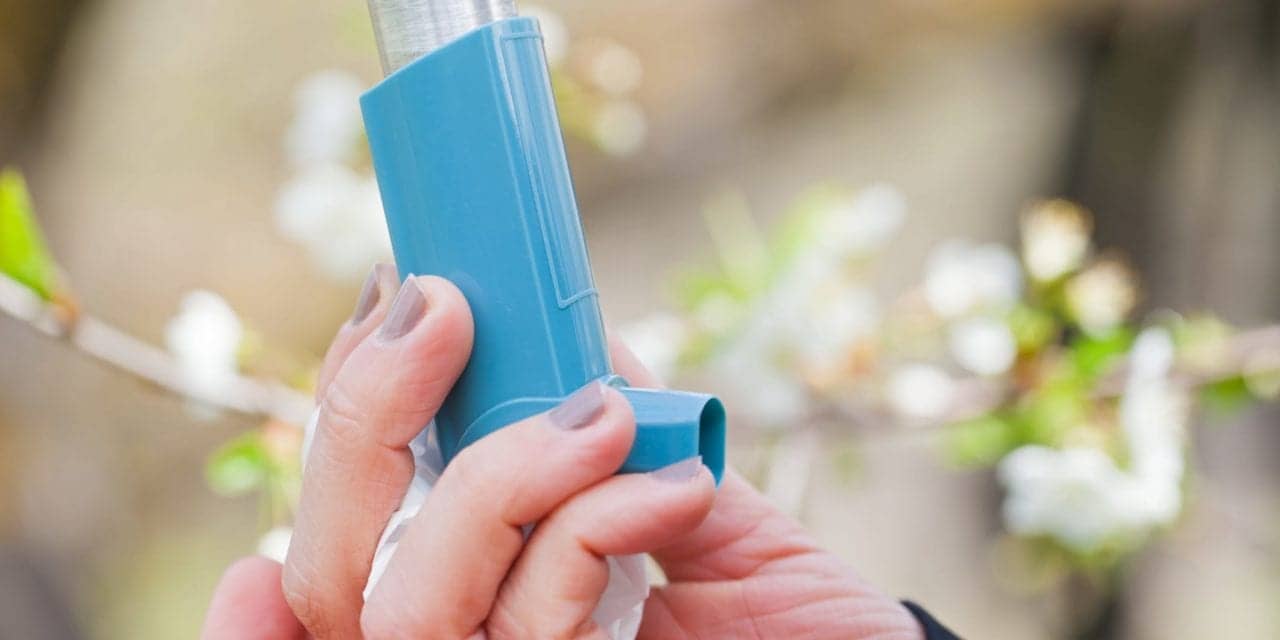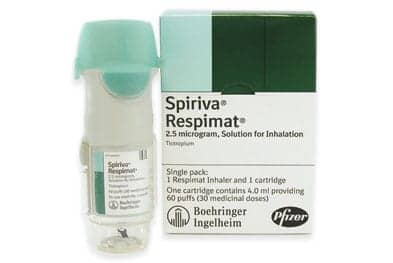Scientists have found that some people with allergic asthma are less susceptible to COVID-19.
The very same immune system proteins that trigger excess mucus production and closing of airways in people with allergic asthma may erect a shield around vulnerable airway cells, researchers report in the April 19 Proceedings of the National Academy of Sciences. The finding helps explain why people with allergic asthma seem to be less susceptible to COVID-19 than those with related lung ailments, and could eventually lead to new treatments for the coronavirus.
Asthma is a breathing disorder characterized by airway inflammation. The result is coughing, wheezing and shortness of breath. About 8 percent of people in the United States have asthma, with about 60 percent of them having allergic asthma. Allergic asthma symptoms are triggered by allergens such as pollen or pet dander. Other types of asthma can be set off by exercise, weather or breathing in irritants such as strong perfumes, cleaning fumes or air pollution.
Usually, asthma is bad news when it comes to colds and flu. At the start of the pandemic, most experts predicted that coronavirus infections and asthma would be a dangerous mix, says Luke Bonser, a cell biologist at the University of California, San Francisco who was not involved in the study. And that is true for people whose asthma is not triggered by allergies and those with related lung disorders like chronic obstructive pulmonary disease, or COPD. Those conditions put people at high risk for severe COVID-19.










